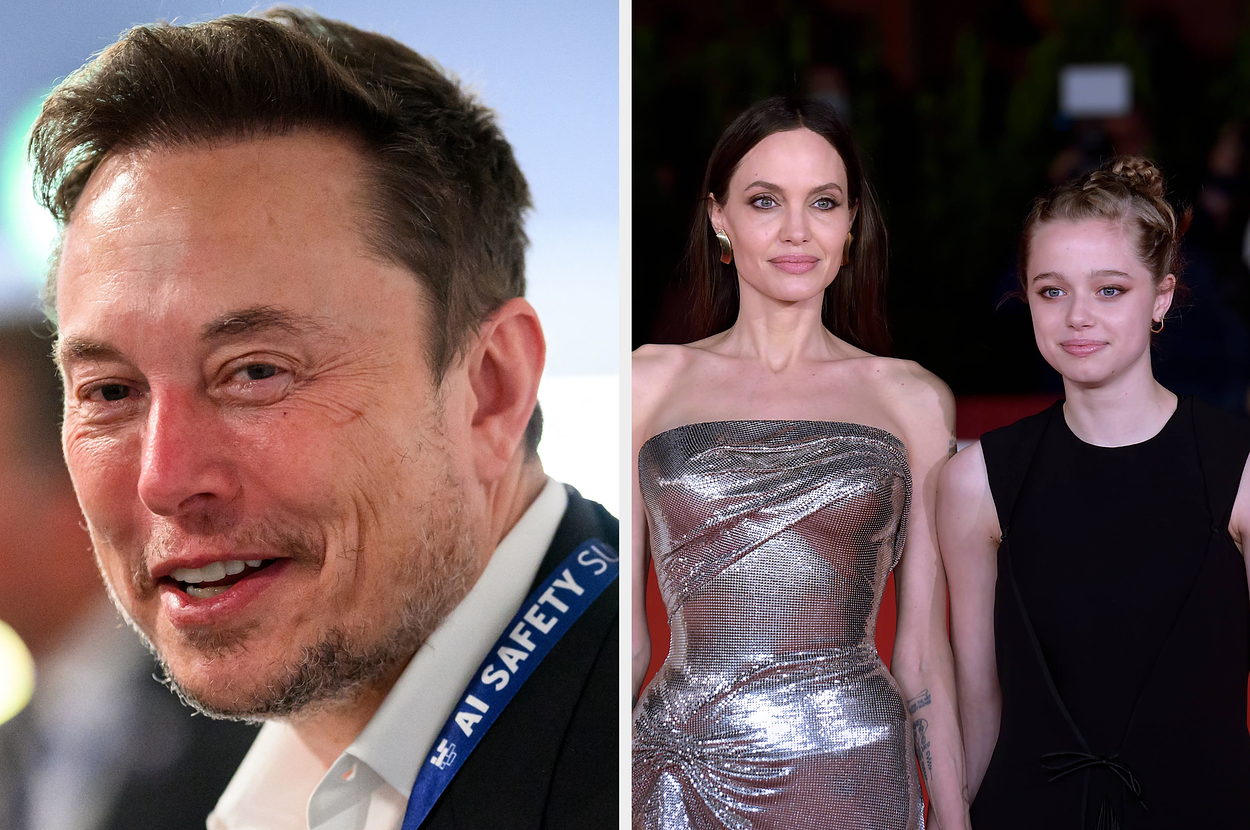The annual Oscar race, which spans about 10 months, from the Cannes Film Festival in May through the Academy Awards ceremony in March, is like a political contest. It starts with the candidates throwing their hats into the ring (at film festivals and premieres). Then, the backers of candidates that show potential (based on reactions and reviews) begin finessing their pitches (emphasizing narratives that present them in the best possible light) and courting voters (at screenings and receptions, and through Q&As and interviews). Some advance to the primaries and caucuses (the many other award shows that precede the Oscars). And then comes Election Day (Oscar night itself).
But the similarities don’t end there. While it’s certainly true that the implications of winning a political election are more important and far-reaching than the implications of winning an Oscar, the potential rewards of winning an Oscar — reputational, monetary and otherwise — are significant enough that they, too, can cause people to behave in distasteful ways and/or result in others searching for and exposing past bad behavior.
Case-in-point: Karla Sofía Gascón, the Spanish actress who played the title character in Emilia Pérez, and who was rewarded with a best actress Oscar nomination on Jan. 23, which made her the first trans person ever to be named an acting finalist by the Academy.
Less than a week later, Gascón’s Oscar prospects, and entire life, completely imploded. In a Jan. 28 interview, she made comments that implied, without evidence, that people associated with fellow best actress Oscar nominee Fernanda Torres (I’m Still Here) were behind attacks on her, which prompted a swift backlash from many, including the army of Brazilians who have been passionately championing Torres and her film online all season long.
Shortly thereafter, coincidentally or not, tweets posted over the past few years by Gascón, containing bigoted commentary about a wide array of marginalized communities and even the Oscars itself, were unearthed and circulated on X (formerly Twitter). The whole thing has since gone viral and turned Gascón, who quickly deactivated her X account, into Hollywood’s version of Gary Condit, John Edwards or George Santos — in other words, completely toxic. At this point, Mel Gibson is probably more popular in town.
One can speculate that the exposure of Gascón’s tweets, and the timing of it, was not entirely organic. And one can also argue that Emilia Pérez distributor Netflix, with its deep pockets and some 60 people working specifically on awards efforts, should have caught them before investing millions into an Oscar campaign for a film with her at its center; after all, a similar situation, albeit involving just a single tweet, almost derailed the Oscar prospects of another divisive film, Green Book, six years ago.
But the bottom line, of course, is that Gascón did this to herself.
I find the whole situation to be shocking and sad.
I have interacted quite a bit with Gascón over the past few months at various festivals, events, interviews and Q&As, and saw no indication of this dark side. She had an unmistakably special bond with her costars, Zoe Saldaña and Selena Gomez, and her director, Jacques Audiard. Often, she was accompanied by her young daughter, who struck me as a really impressive and terrific kid, and who must be feeling a lot of pain right now.
Beyond that, there is this: one doesn’t have to like Emilia Pérez to recognize that Gascón gave a courageous and daring performance in the film, and that her awards season success represented hope and progress for a lot of other people. Under different circumstances, she would have gone on to be celebrated at the Oscars, win or lose, and would have eventually wound up on a wall at the Academy Museum of Motion Pictures, described as a trailblazer alongside the likes of Sidney Poitier and Kathryn Bigelow.
But now, as a result of her behavior, her chances of winning the best actress Oscar, which were mixed to begin with, have been extinguished, and it’s possible that the same can be said for her future in the business altogether. And she has also severely damaged the Oscar prospects of her film — which was arguably the frontrunner for the best picture Oscar, having received a field-leading 13 nominations, just one shy of the all-time record — and, most unfairly of all, the prospects of her colleagues who were also nominated for the film, including Saldaña, who has been the best supporting actress frontrunner for months. Based on my conversations in recent days with Academy members, many are going to have a hard time voting for Emilia Pérez in any category, given that Emilia Pérez herself has become toxic.
Emilia Pérez is far from the first Oscar frontrunner to find itself caught up in “scandal” at a particularly inopportune moment in the awards season. Particularly over the last quarter-century or so, since the bare-knuckle Shakespeare in Love vs. Saving Private Ryan brawl, accusations of varying degrees of legitimacy, and in some cases hazy origin, have threatened the prospects of A Beautiful Mind (the man played by Russell Crowe was said to be an anti-Semite); Slumdog Millionaire (accused of exploiting its Indian child actors); The Hurt Locker (a veteran claimed it ripped off his story); The King’s Speech (for allegedly falsifying history); and Green Book (for so many different things).
Interestingly enough, every one of those films still won the best picture Oscar. Academy members either deemed the claims false, misleading or immaterial to their assignment of evaluating the quality of a film. But the Gascón situation feels different than anything that has come before it, because her bad behavior is undeniable (although she has claimed that some of the tweets that have been circulated are doctored), indefensible (is there an ethnic group that she didn’t offend?) and completely contrary to what she and her movie are supposed to be about (namely, tolerance). Moreover, she has undermined the tireless efforts of a lot of people who worked very hard on her behalf.
This is a very modern Oscars scandal, one that wouldn’t have been possible just a few years ago before the advent of the Internet and the rise of social media. As in politics, there have always been forms of opposition research mobilized in the Oscar race, but usually by strategists working on behalf of another campaign; I don’t condone that, but it’s the truth. In this case, though, all indications are that civilians — who may or may not be among a large number of people who vocally oppose “wokeness,” on one end of the spectrum, or who find Emilia Pérez’s depiction of trans people and Mexico to be offensively simplistic, on the other — took matters into their own hands, searching for, locating and circulating damaging information about someone who left them plenty of it to find.
Could these civilians have been aided and abetted by a rival campaign that would benefit from the downfall of Gascón and Emilia Pérez? Anything is possible and, in the age of the Internet and social media, very hard to prove. But the bottom line is still the same: they have completely upended the Oscar race.




















 English (US) ·
English (US) ·